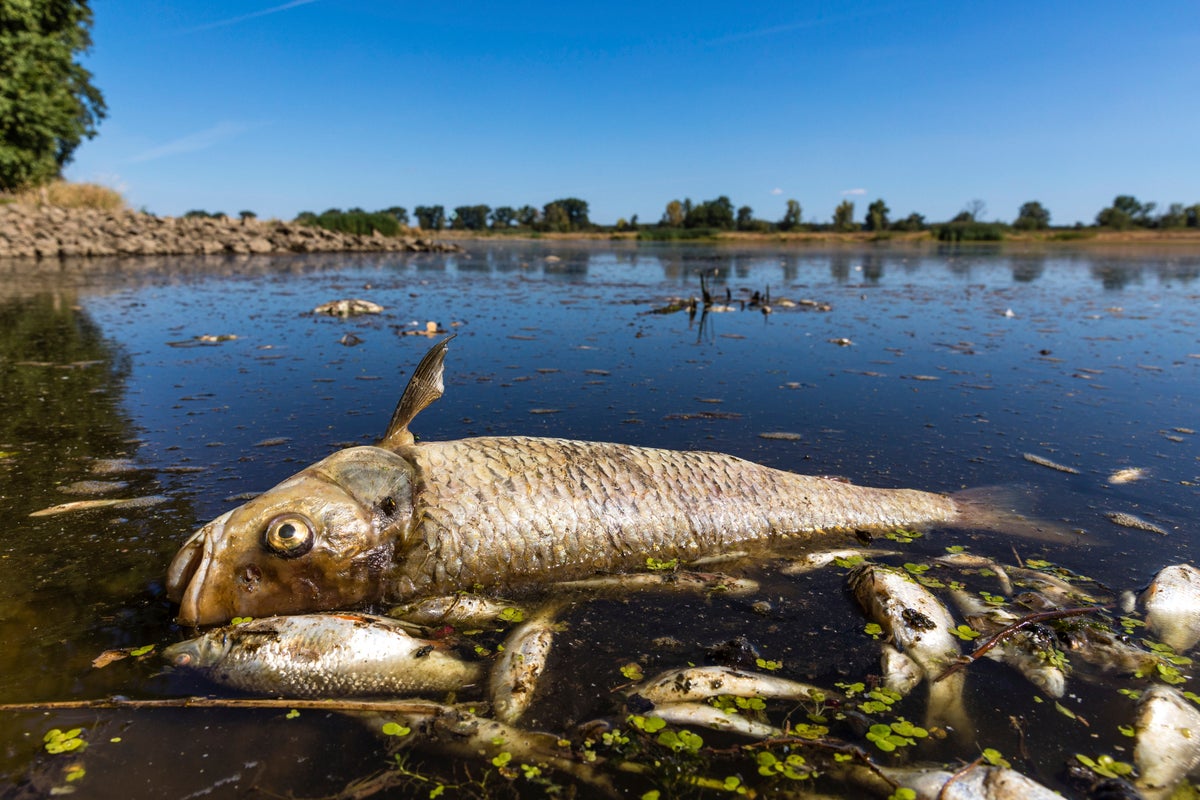
Urgent legislation is to take effect this year to protect Poland's Oder River and prevent further catastrophes like the current pollution and massive die-off of fish, officials said Tuesday.
Deputy infrastructure minister Marek Grobarczyk said the legislation, to be adopted via an extraordinary procedure, is to provide funds for steady monitoring of the Oder’s waters and for new sewage treatment plants to ensure discharge does not threaten the river’s ecosystem.
It is also to provide financial compensation to businesses hardest hit by what authorities call the worst natural disaster in the Oder area in many years.
Some 130 tons of dead fish have been pulled from the river in Poland and many more in neighbouring Germany since late July, when fishermen in southwestern Poland first noticed signs of the ecological disaster.
Experts in Poland and in Germany have found toxic algae in the river water and changes in its chemical composition but have not pointed to the cause of that or to any single factor that could have killed the fish.
An official in charge of Poland’s water systems, Krzysztof Wos, said there are almost 300 illegal, unmonitored discharge points on the Oder, some of them under investigation now.
His office, the state-run Poland's Waters, issues licenses allowing businesses and industry to discharge their waste into rivers, under strict parameters. However, there is no permanent monitoring system.
The Oder, some 840 kilometers (520 miles) long, starts in Czechia but mostly runs through southwestern Poland and along the border with Germany before emptying into the Baltic Sea.







